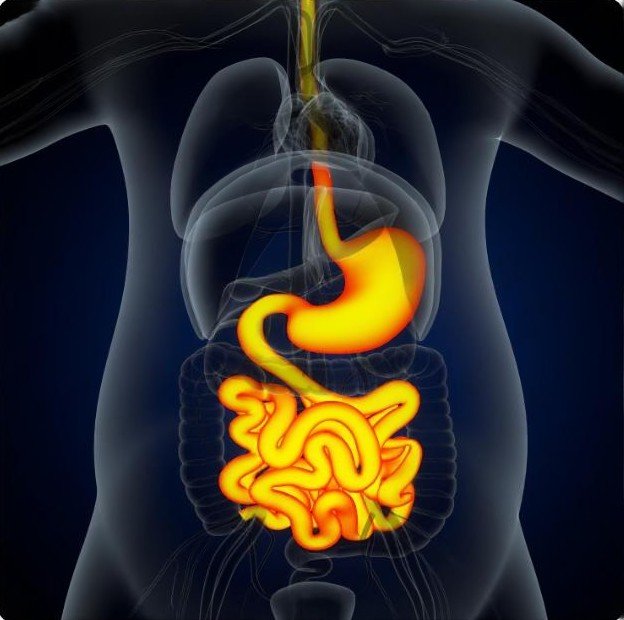Upper Gastro

Upper Gastrointestinal (GI) surgery focuses on the diagnosis and treatment of disorders affecting the esophagus, stomach, and duodenum (upper part of the small intestine). Conditions such as acid reflux (GERD), hiatal hernia, stomach ulcers, esophageal strictures, and upper GI cancers may require medical or surgical intervention.
With the advancement of laparoscopic and minimally invasive techniques, upper GI surgery now ensures less pain, shorter hospital stays, quicker recovery, and better outcomes for patients.
Signs & Symptoms of Upper Gastro Disorders
Patients with upper gastrointestinal problems may experience:
Persistent heartburn or acid reflux
Difficulty in swallowing (dysphagia)
Chronic nausea or vomiting
Upper abdominal pain or discomfort
Unexplained weight loss or poor appetite
Vomiting blood (hematemesis) or passing black stools (a sign of bleeding)
Frequent bloating or indigestion
Persistent cough or throat irritation related to reflux
Diagnostic Procedures
To accurately identify upper GI disorders, Dr. Abhishek Bhaumik recommends a detailed evaluation, which may include:
Clinical Examination & Medical History – To assess symptoms and risk factors.
Upper GI Endoscopy (EGD) – Direct visualization of the esophagus, stomach, and duodenum.
Barium Swallow / Contrast Studies – For structural abnormalities like strictures or hernias.
Ultrasound / CT Scan / MRI – To detect tumors, inflammation, or advanced disease.
pH Monitoring & Manometry – To assess acid reflux and esophageal motility disorders.
Biopsy & Histopathology – For confirming malignancy or chronic infections.